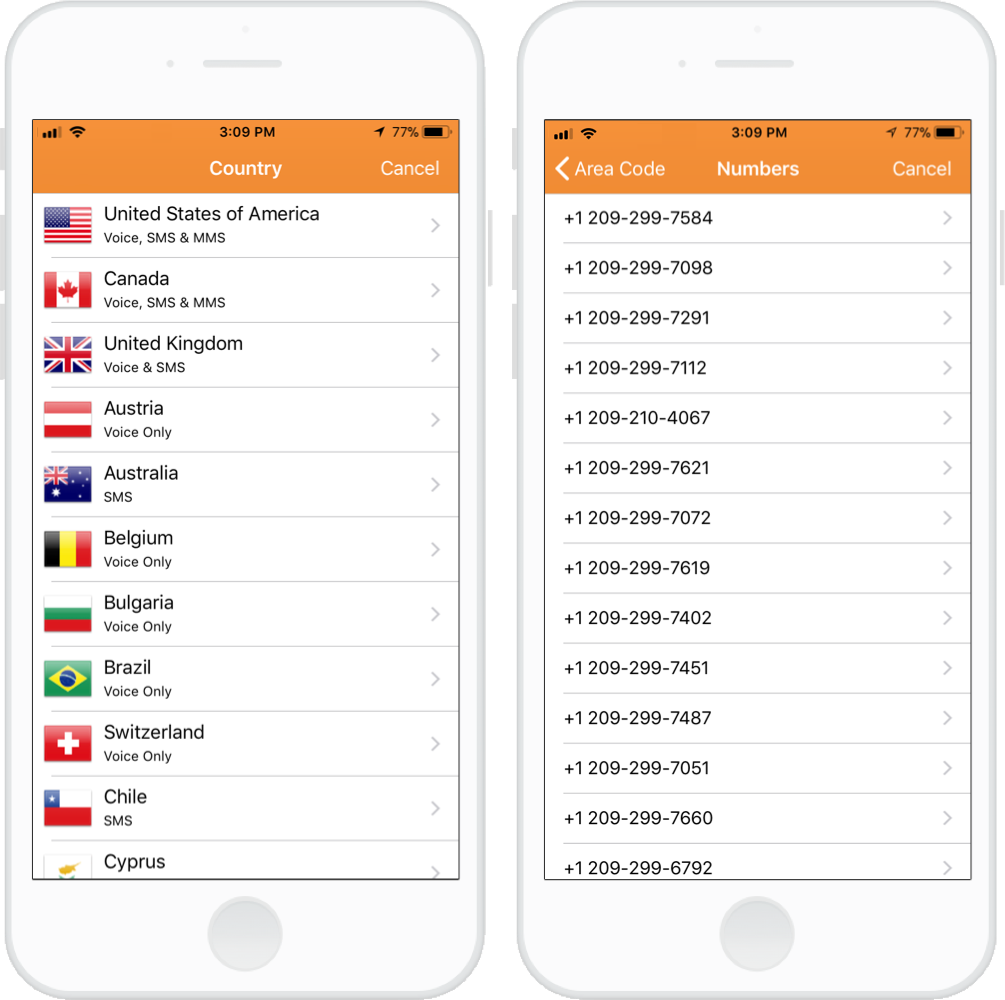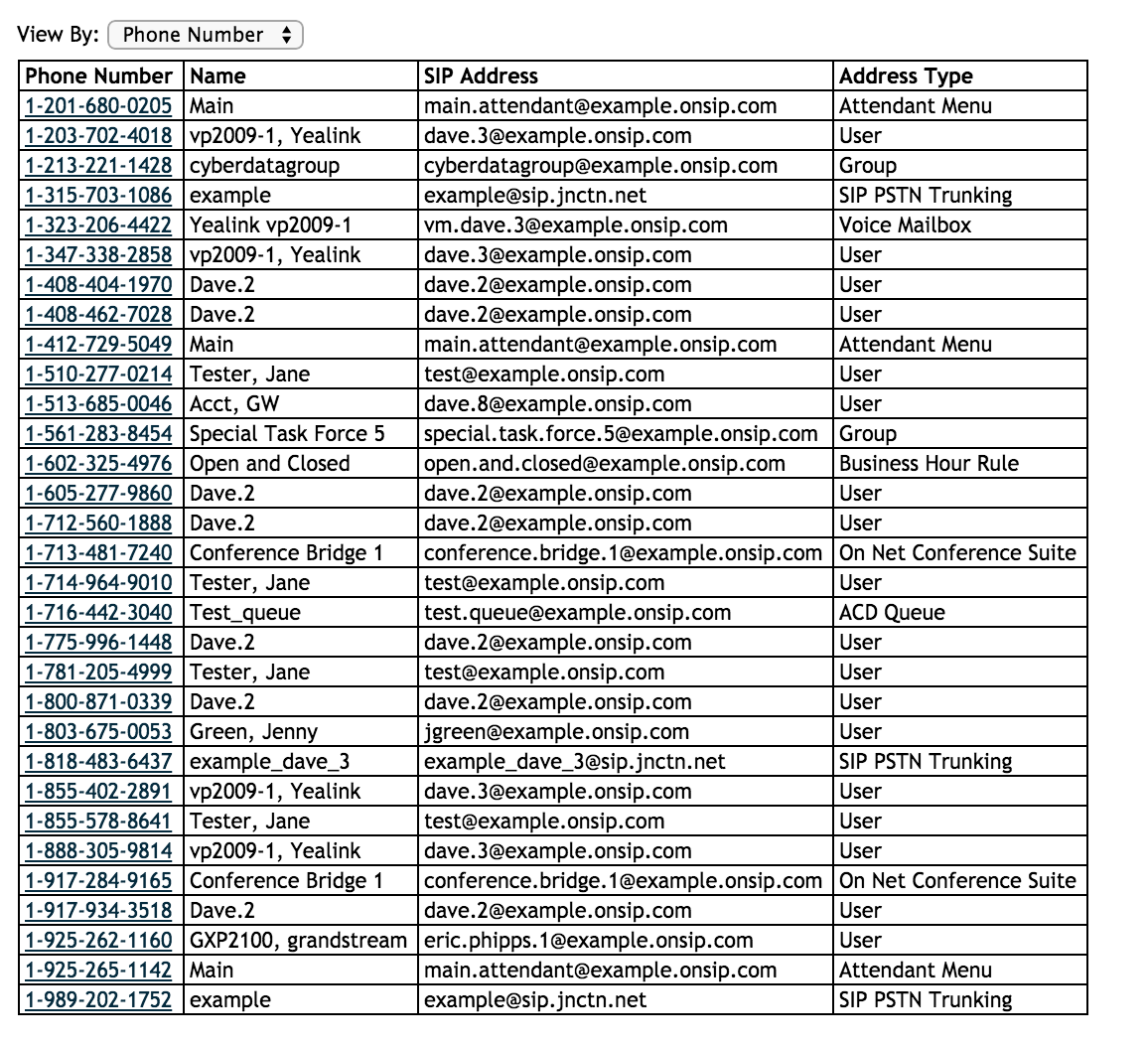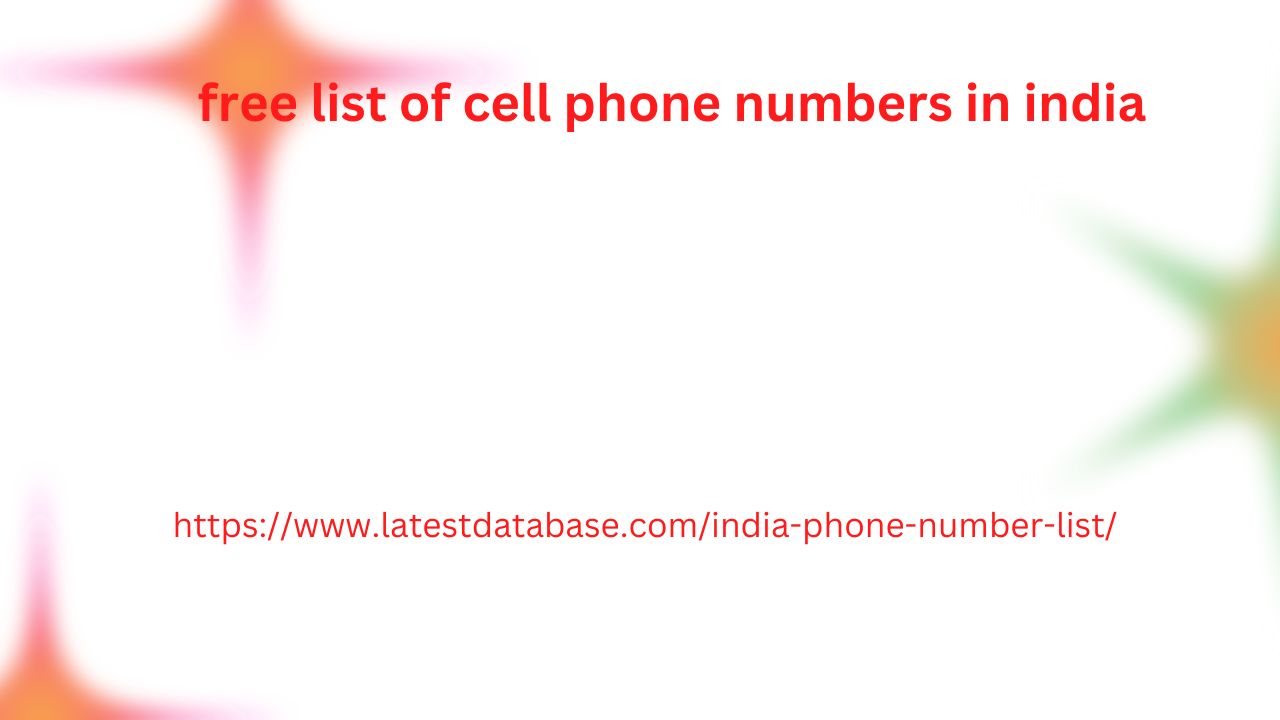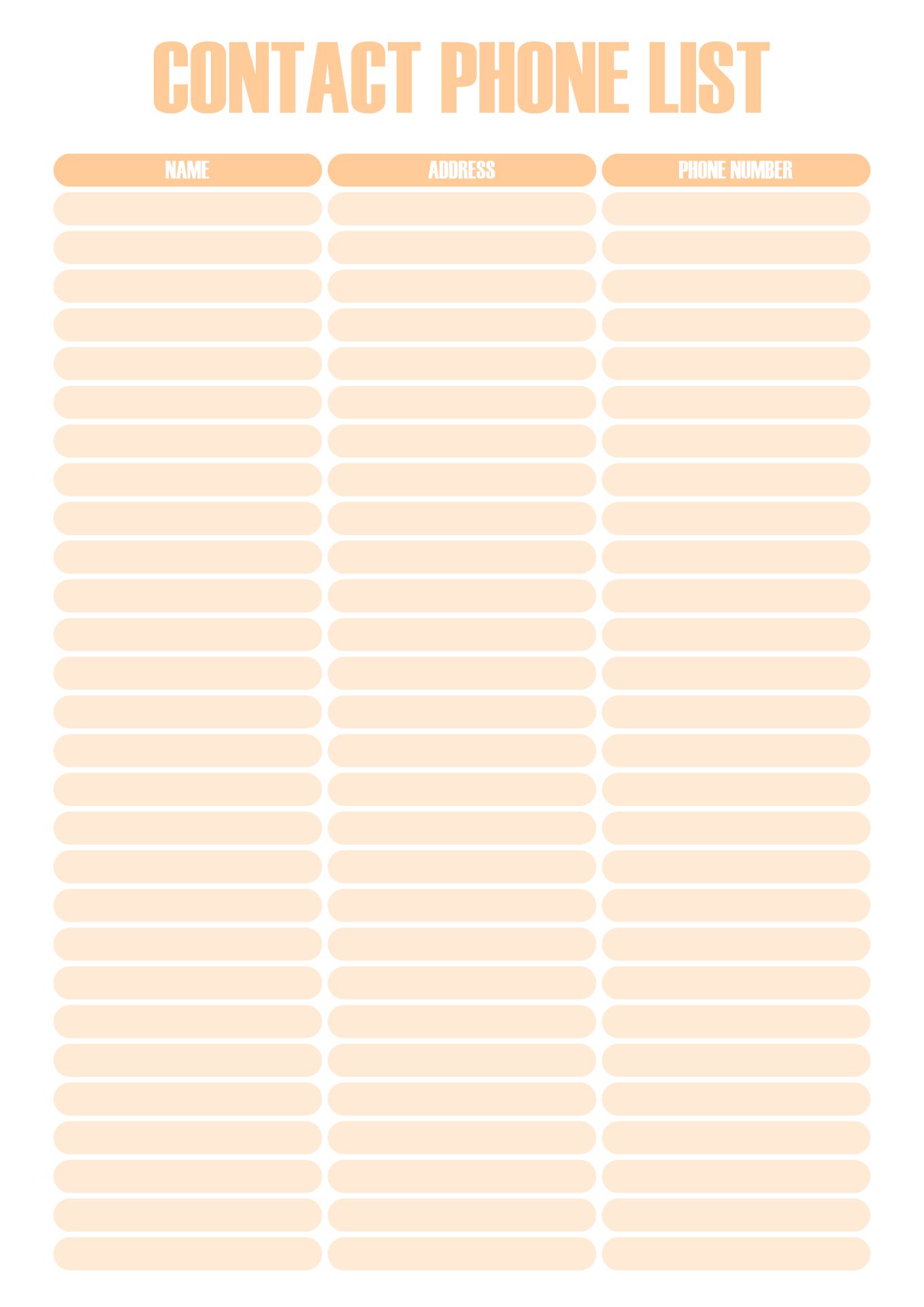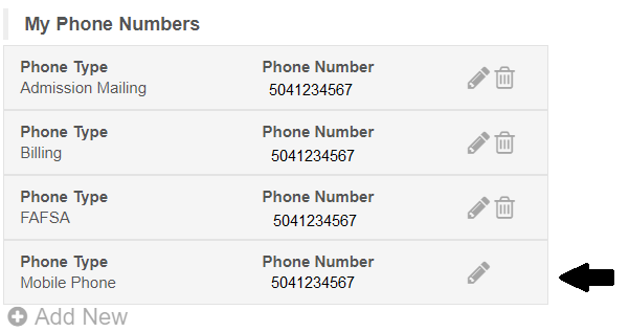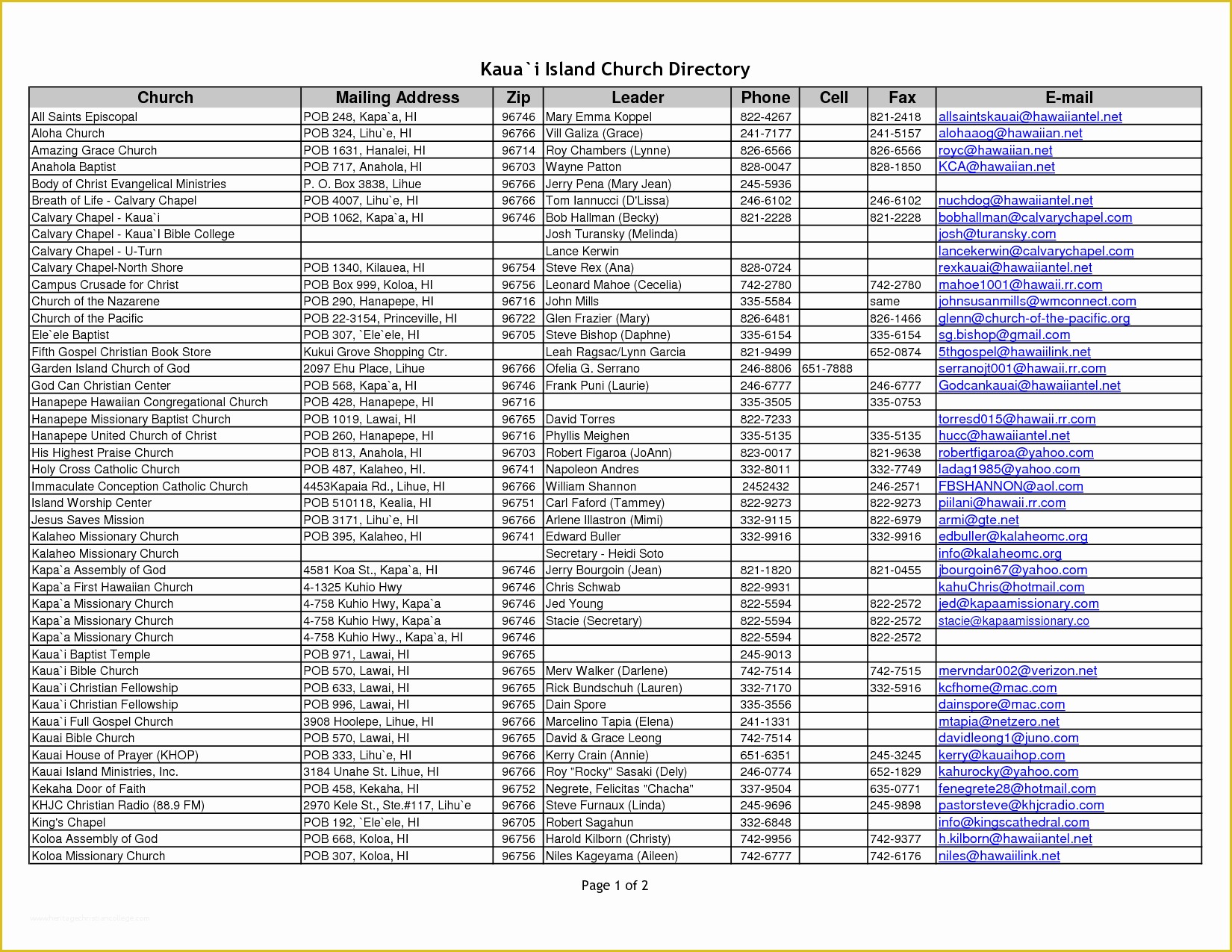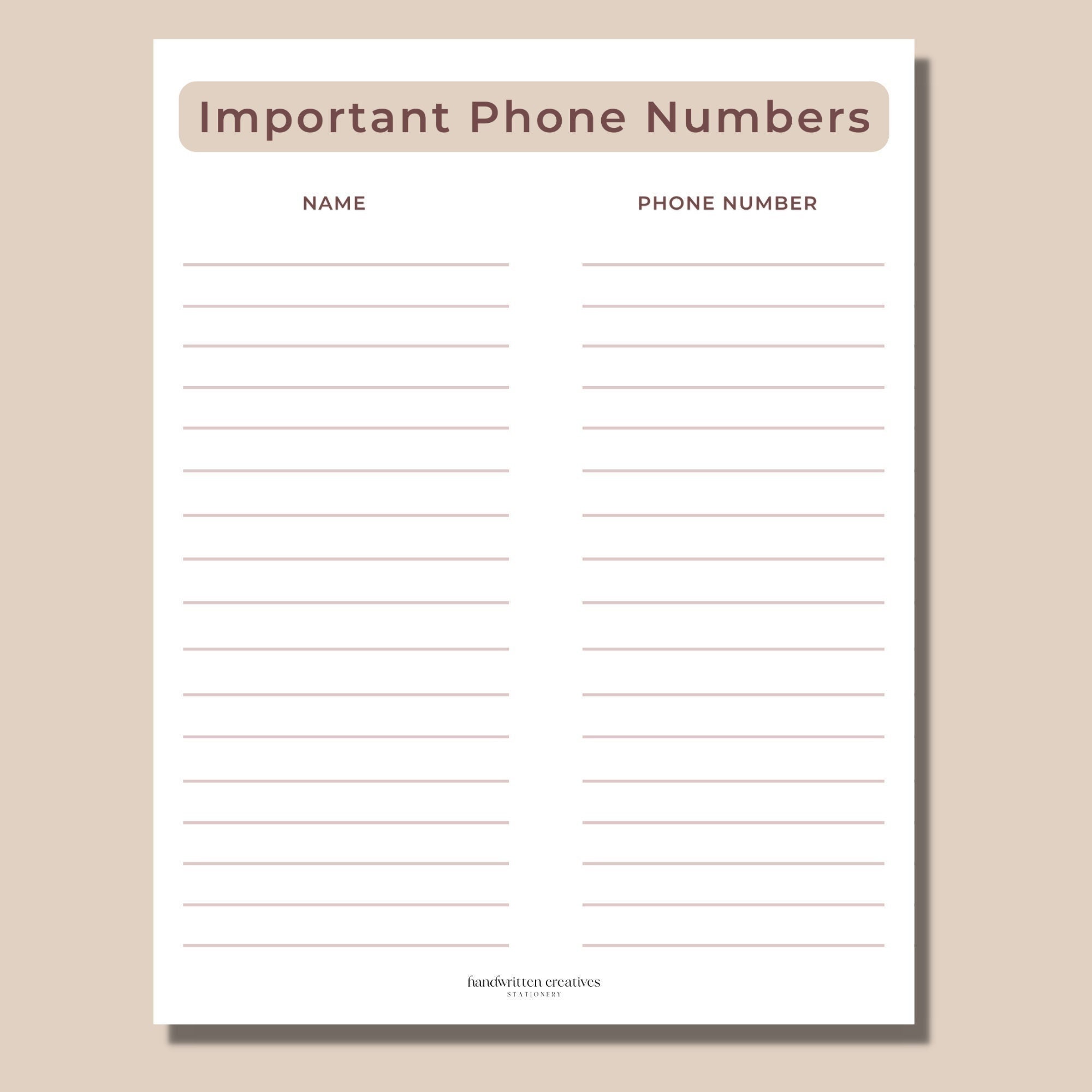Free List Of Cell Phone Numbers

The promise of a free list of cell phone numbers is enticing, a potential goldmine for marketers, researchers, or even those seeking to reconnect with lost contacts. However, the reality behind such offers is fraught with ethical and legal concerns, raising serious questions about privacy, data security, and the potential for abuse.
The allure of readily available contact information clashes directly with established consumer protection laws and the fundamental right to privacy, creating a dangerous landscape for both individuals and organizations. Understanding the risks and repercussions associated with seeking or utilizing such lists is crucial in navigating the complexities of the digital age.
The Illusion of a Free Cell Phone List
The term "free list of cell phone numbers" is often a misnomer. What is typically advertised as free is usually either outdated, incomplete, or obtained through questionable means.
The Federal Trade Commission (FTC) and other regulatory bodies actively discourage and penalize the collection and distribution of cell phone numbers without explicit consent.
These "free" lists can be assembled from data breaches, scraping publicly available (but often outdated) online sources, or even purchased from unscrupulous data brokers operating outside the boundaries of the law.
The Legal Minefield
Acquiring and using cell phone numbers without consent is a direct violation of several laws, most notably the Telephone Consumer Protection Act (TCPA) in the United States.
The TCPA restricts telemarketing calls, autodialed calls, and text messages to cell phones without prior express consent.
Violations can result in significant financial penalties, potentially amounting to thousands of dollars per violation. This can quickly escalate into crippling fines for businesses engaged in unsolicited communication.
The General Data Protection Regulation (GDPR) in Europe imposes even stricter regulations on data privacy, including the collection and use of personal information, like cell phone numbers.
Non-compliance with GDPR can lead to substantial fines, potentially reaching millions of euros or a percentage of a company's global annual revenue.
The Ethical Implications
Beyond the legal ramifications, there are serious ethical considerations associated with using lists of cell phone numbers acquired through non-consensual means.
The act of contacting individuals who have not explicitly agreed to be contacted is inherently intrusive and disrespectful of their privacy.
Unsolicited calls and texts can be disruptive and annoying, potentially damaging a company's reputation and alienating potential customers.
Moreover, the use of such lists can contribute to the spread of spam and fraudulent schemes, further eroding trust in digital communication.
The Risks to Individuals
Individuals whose cell phone numbers appear on these lists are exposed to a range of risks, including unwanted telemarketing calls, spam text messages, and even potential scams.
Phishing attempts, where criminals try to trick individuals into revealing sensitive information like passwords or financial details, are often carried out via unsolicited text messages.
The constant barrage of unwanted communication can lead to stress and anxiety, impacting individuals' overall well-being.
Alternative Approaches
For businesses and researchers seeking to connect with individuals, there are ethical and legal alternatives to purchasing or acquiring illicit cell phone number lists.
Obtaining consent through opt-in forms, surveys, or other means ensures that individuals are willing to receive communication. This builds trust and fosters positive relationships.
Utilizing targeted advertising platforms allows businesses to reach specific demographics without directly obtaining their contact information, respecting user privacy while promoting their products or services.
Reputable Data Providers
Legitimate data providers offer access to consumer information that is obtained through transparent and consensual means.
These providers adhere to strict ethical guidelines and comply with all relevant data privacy regulations.
However, it's crucial to thoroughly vet any data provider to ensure that their practices are ethical and legal.
Future Trends and Regulations
The landscape of data privacy is constantly evolving, with new regulations and technologies emerging to protect consumer rights.
Expect stricter enforcement of existing laws and the implementation of new regulations aimed at curbing the collection and use of personal information without consent.
Advancements in technology, such as enhanced spam filtering and privacy-focused apps, are empowering individuals to take greater control over their personal data.
"Consumers are increasingly aware of their data privacy rights and are demanding greater transparency and control over their personal information," according to a statement from the Electronic Privacy Information Center (EPIC).
Businesses that prioritize ethical data practices and respect consumer privacy will be best positioned to thrive in the long term.
Conclusion
The promise of a free list of cell phone numbers is a siren song, alluring but ultimately dangerous. The legal and ethical ramifications of acquiring and using such lists far outweigh any perceived benefits. Prioritizing ethical data practices, respecting consumer privacy, and adhering to relevant regulations are essential for building trust and fostering sustainable relationships in the digital age.



